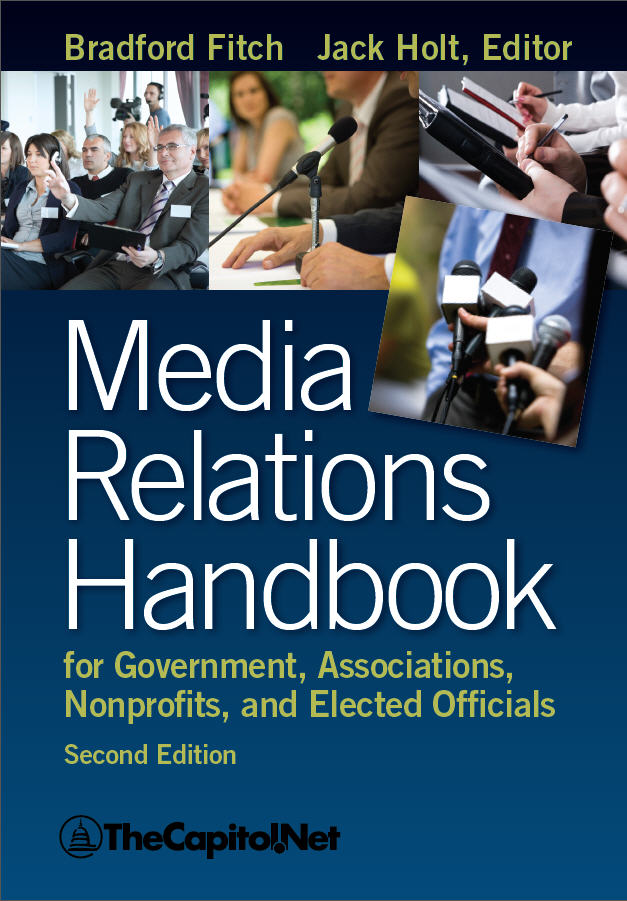When faced with an ethical dilemma, public relations professionals ultimately have four choices available to them: avoidance, compliance, ignorance and resignation.

Avoidance
The most ethical choice can sometimes be to avoid answering a question. If you are faced with a question that would require you to make a difficult ethical decision, keep in mind that you should not force yourself into an ethical dilemma unless you really must.
Compliance
When asked by a principal to engage in an activity that is unethical some public relations professionals, especially those who are young, will simply comply out of loyalty. This is always a poor choice that will typically lead to the destruction of one’s reputation, if not worse.
Ignorance
Traditional public relations practices have called for professionals learning as much as they could about a principal, particularly whenever they are faced with an  ethical crisis. In some cases the most appropriate and ethical course of action would be to not ask questions during an ongoing crisis. Remember that public relations specialists are not entitled to attorney-client privilege. As a result, you can find yourself facing serious legal difficulties if you become caught up in a legal investigation and then you are forced to reveal secrets that would violate your duty of loyalty to your principal. This is precisely why some public relations practitioners choose to avoid asking difficult questions. In this case, ignorance can be used as an effective shield of protection.
ethical crisis. In some cases the most appropriate and ethical course of action would be to not ask questions during an ongoing crisis. Remember that public relations specialists are not entitled to attorney-client privilege. As a result, you can find yourself facing serious legal difficulties if you become caught up in a legal investigation and then you are forced to reveal secrets that would violate your duty of loyalty to your principal. This is precisely why some public relations practitioners choose to avoid asking difficult questions. In this case, ignorance can be used as an effective shield of protection.
Resignation
Some ethics experts will contend that whenever a professional is not able to fulfill his duty to his principal and his duty to society at the same time, there is simply no other choice but to resign. Resigning on principle is rather rare today; generally because it is not that easy to simply walk away from a job. And when an employee resigns on principle there is a clear message sent that his or her employer is engaging in unethical practices. Sending such a message, even unintentionally, can be dangerously close to violating your responsibilities to your employer.
Reference: Media Relations Handbook, by Brad Fitch, Section 13.5 Ethical Choices.
For more than 40 years, TheCapitol.Net and its predecessor, Congressional Quarterly Executive Conferences, have been teaching professionals from government, military, business, and NGOs about the dynamics and operations of the legislative and executive branches and how to work with them.
Our custom on-site and online training, publications, and audio courses include congressional operations, legislative and budget process, communication and advocacy, media and public relations, testifying before Congress, research skills, legislative drafting, critical thinking and writing, and more.
TheCapitol.Net is on the GSA Schedule, MAS, for custom on-site and online training. GSA Contract GS02F0192X
TheCapitol.Net is now owned by the Sunwater Institute.
Teaching how Washington and Congress work ™

